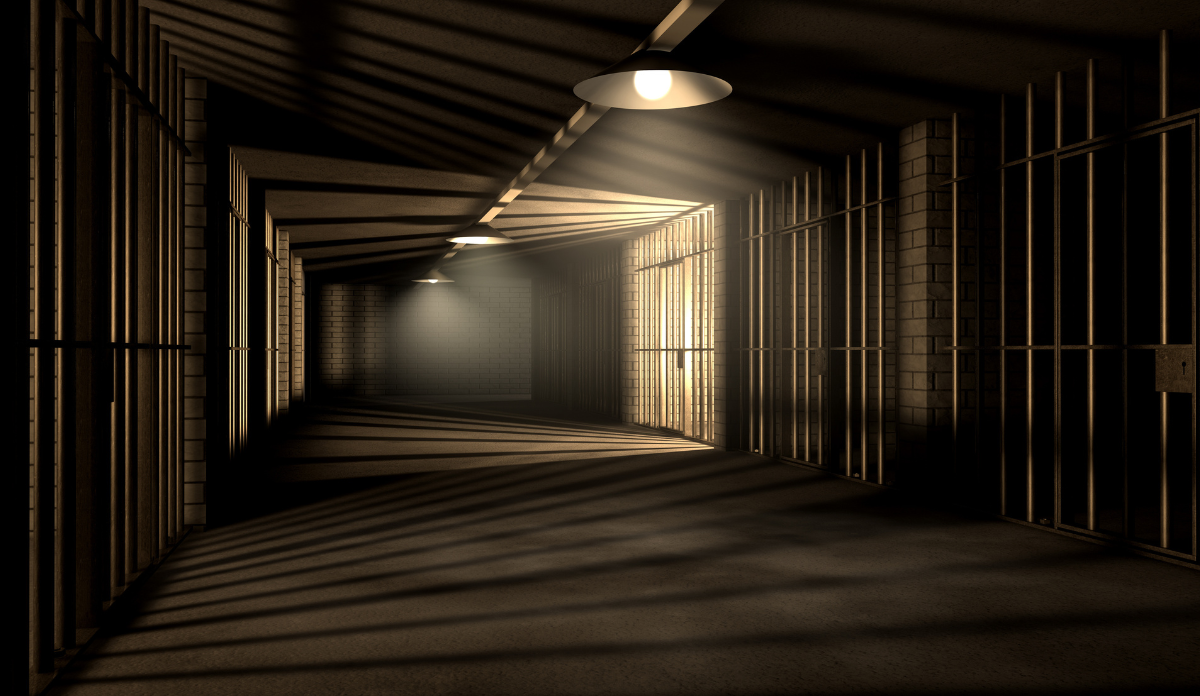Thousands of children as young as 13 years old serve time in adult prisons each year. Many U.S. states do not have a minimum age for prosecutors to charge children as adults and the lack of protections for children in prisons has disastrous outcomes.
Children experience a drastically different environment in adult prisons compared to juvenile correctional facilities. Adult prisons are much larger and have fewer guards and other staff to protect prisoners and ensure safety.
Prisons primarily serve as punitive institutions. In contrast, juvenile detention centers prioritize mental health and offer services like behavioral change, education, and career training. Adult prison facilities tend to provide less treatment, counseling, and education, which can further ensnare youth within the carceral system rather than promoting their rehabilitation.
The lack of protections and rehabilitation opportunities in adult prisons can have severe consequences on children’s health and long-term outcomes. These youth report being more afraid for their safety than their peers in juvenile facilities. They are more likely to suffer sexual and physical violence, both at the hands of fellow inmates and prison staff. The National Prison Rape Elimination Commission stated in a 2009 report that “More than any other group of incarcerated persons, youth incarcerated with adults are probably at the highest risk of sexual abuse.” Although this report is dated, little has changed for juveniles in adult prisons over the last 14 years.
Transferring youths to adult prisons and jails years before a teen’s brain is fully developed has lethal consequences.
Children incarcerated in adult prisons also experience substantially higher rates of post-traumatic stress disorder and depression than those in juvenile facilities. Youth held in adult facilities in Texas report more distress and higher rates of psychiatric symptoms compared to their peers in juvenile centers. The result is that children in adult prisons are 36 times more likely to commit suicide than those housed separately from adults.
Ian Silver and colleagues evaluated whether being incarcerated in an adult correctional facility as a child was associated with early death (between 18 and 39 years old) of any cause, using data from the National Longitudinal Study of Youth collected from 1997 to 2019. The researchers followed study participants who were aged 17 or younger at the time of the initial 1997 interview.
They found that young people incarcerated in adult facilities were most likely to die before age 39, compared to placements in youth facilities. Youth incarcerated in adult prisons and jails were approximately 60% more likely to die by age 39 compared to youth arrested before 18 in youth facilities, and they were 400% more likely to die by age 39 than youth with no involvement in the legal system.
Some states require that children incarcerated in adult facilities be separated from adults. In practice, however, this often means that children are placed in solitary confinement. At times, children are transferred to other states with appropriate juvenile centers, or worse, to states with less stringent regulations for protecting minors. But such transfers can dissociate children from legal representation and the emotional support of friends and family. Attempting to protect children from physical abuse inadvertently creates a greater risk of psychological trauma from isolation.
Given the racist origins of policing and the systemic bias permeating the carceral system, Black and Brown youth are much more likely than White youth to be tried and sentenced as adults. Black children are 8.6 times more likely than their White counterparts to receive an adult prison sentence, while Latino youth are 40% more likely than White youth to be admitted to adult prison. Youth of color, disproportionately subjected to the harms of being incarcerated with adults, are more likely to die early.
Transferring youths to adult prisons and jails years before a teen’s brain is fully developed has lethal consequences. The Supreme Court has repeatedly recognized that children should not be held to the same standards of responsibility as adults. Neither should their punishment.
Photo via Getty Images














